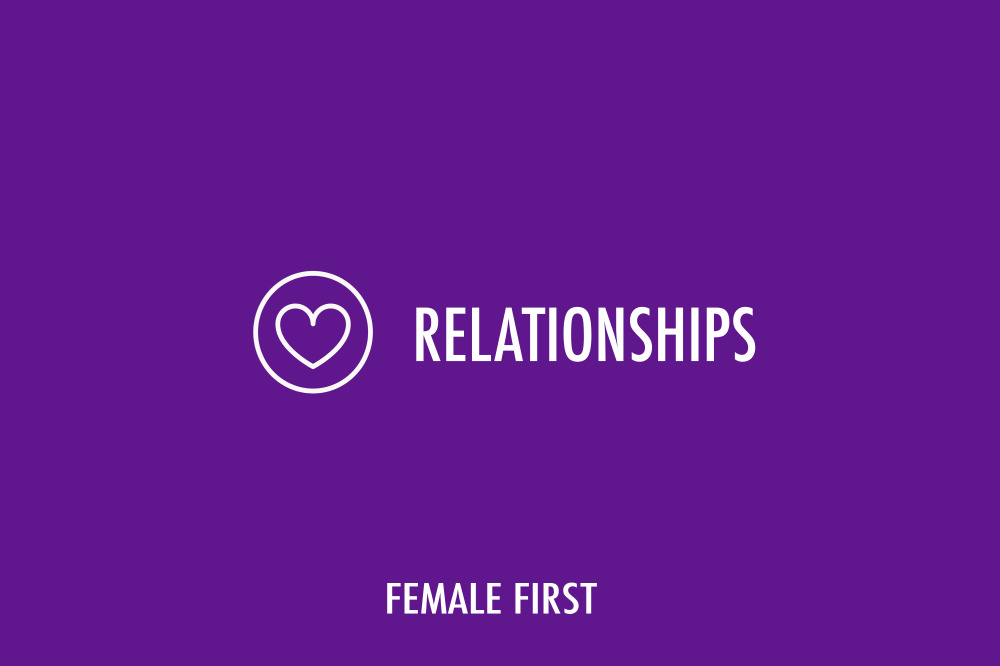Love isn’t just something we ‘fall’ into, although the romantic ballads or movies may make us believe this to be the case. Durable love, maintaining an intimate love for another person which is fulfilling for both sides, takes a lot of conscious effort.

Relationships on Female First
Sex is a form of communication within a relationship. That amazing, ravishing chemistry when we first meet (that well-known honeymoon period), simply can’t be sustained. Sex can deepen relationships, yet it also runs the risk of becoming more mundane, more of a habit. So even if you’re newlyweds (I would go so far as to say especially if you are newlyweds) talk sensitively to each other about sex in general and your sex life in particular, which will help you be less self-conscious about the subject.
Create sensual rituals in your bed or bathroom, with candles, music or essential oils. Take the pressure off penetrative sex or reaching orgasm by doing other intimate and tactile things like touching, licking, murmuring, cradling, sucking and stroking, and touch each other with different fingers. Sex isn’t about recreating the same excitements which existed at the beginning of your relationship, but about maintaining a sexual journey, which fulfils and nourishes you and your partner.
At the same time, be sensitive to the idea that changes in your sex life could be a sign that some underlying stressor in your relationship would benefit from being raised and discussed.
Be alert for whether you always fall for the same type of person. Do you always fall for ‘bad guys’, commitment-phobics or motherly, suffocating types? This could be because you have an unmet need or hope left over from your childhood. Without realising it, you could be trying to repeat a childhood relationship in which you felt rejected or unheard or disrespected. By unconsciously repeating the same kind of relationship as an adult, you are trying to repair it.
The problem is, your partner isn’t that person from your past, so there is no point blaming them when you can’t fix or change them. By making sense of what needs you’re bringing to your present-day relationships, you can stop blaming your partner for failing to meet that need, or imagining that the grass will be greener elsewhere.
When in a relationship, make sure you keep up with your friends, your hobbies, your dreams. This means you hold on to that part of what makes you who you are. We are all familiar with the new couple who are so lost in and so consumed by each other that they drop existing friends or hobbies or plans. People in intimate relationships need room to grow and flourish as individuals if they are to remain as a couple. This is known as ‘Individuation’ and is a sign of a healthy relationship.
If your partner has ended your relationship, acknowledge your pain. At the same time, avoid begging the person you adore to stay or come back. This means your response will be respecting their position, which is gracious, but it is also far less demeaning for you. This way, you respect yourself enough to aim to be in a relationship in the future with someone who adores and wants you too.
Above all, whether you’re currently in a relationship or looking for that someone special, remember that the more we put in, the more we put ourselves on the line in a relationship, the more rewarding our intimate relationships can be.
© Lucy Beresford, Happy Relationships at Home, Work & Play (McGraw-Hill, January 2013)
tagged in Love relationships relationship advice Couples Partners
